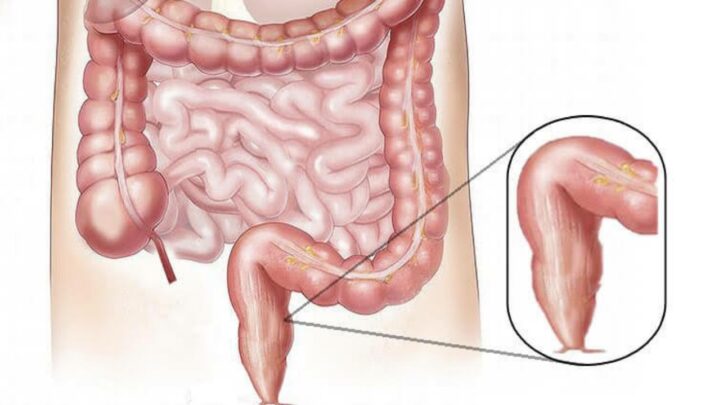The same factors that enhance the risk of colon cancer can also increase the chance of rectal cancer. Risk factors for colorectal cancer include:
Getting older. Colorectal cancer can strike at any age, although the majority of persons diagnosed with it are over 50. Colorectal cancer rates in persons under the age of 50 have been rising, but physicians aren’t sure why.
Afro-American ancestry.
Colorectal cancer is more common among people of African heritage born in the United States than in people of European ancestry.
Having had colorectal cancer or polyps in the past.
If you’ve had rectal cancer, colon cancer, or adenomatous polyps, your risk of colorectal cancer is increased.
Irritable bowel syndrome.
Colorectal cancer is increased by chronic inflammatory illnesses of the colon and rectum, such as ulcerative colitis and Crohn’s disease.
Inherited disorders that raise the risk of rectal cancer.
FAP and Lynch syndrome are two genetic abnormalities that can raise your risk of colon and rectal cancer if passed down through generations.
Colorectal cancer runs in the family.
If you have a parent, sibling, or kid who has had colon or rectal cancer, you’re more likely to get it.
A lack of veggies in one’s diet.
A diet strong in red meat and low in vegetables, especially when the meat is scorched or well done, may be linked to colorectal cancer.
There isn’t enough exercise.
Colorectal cancer is more likely to occur if you are inactive. Regular physical activity may help to lower your cancer risk.
Diabetes.
Colorectal cancer is more likely in people with poorly controlled type 2 diabetes.
Obesity.
When compared to those of a healthy weight, obese people have a higher risk of colorectal cancer.
Smoking.
Smokers may be at an elevated risk of colorectal cancer.
Alcohol use.
Drinking more than three alcoholic beverages per week on a regular basis may raise your risk of colorectal cancer.
Previous cancer treatment with radiation.
Radiation therapy used to treat previous cancers in the abdomen may increase the risk of colorectal cancer.
Credits: Mayo Clinic





